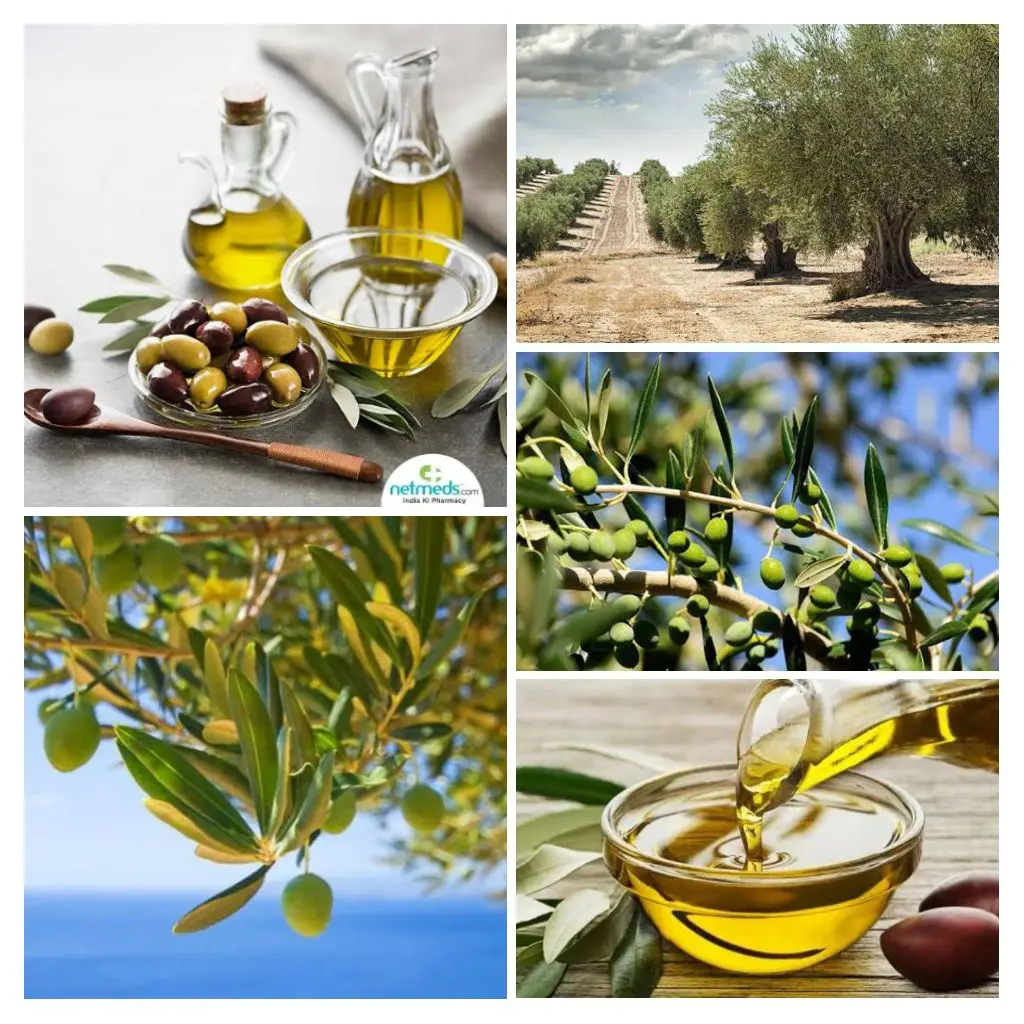Introduction
Olive farming is often thought of a Mediterranean thing, but it’s taking off in Pakistan! The government & local farmers see how great olive trees can be as a cash crop. With more people wanting olives & olive oil—not just here, but around the world—this is a great chance for Pakistan’s agriculture to shine.
The Rise of Olive Farming in Pakistan
In the past, Pakistan wasn’t a big player in olive production. But things have changed! Over the last ten years, the government has been working hard to boost olive farming. This push started back in 2012 with the “Olive Cultivation Project” led by the Pakistan Agricultural Research Council (PARC). The goal? To cut down on buying imported olive oil & get local production up and running.
Perfect Conditions for Olive Farming in Pakistan
Pakistan has a mix of climates that’s just right for growing olives, especially in the Potohar region. This area, often called the “Olive Valley of Pakistan,” has a friendly climate with moderate temperatures, low humidity, & good rainfall, similar to what olive trees love in the Mediterranean. There are also other spots like Balochistan, Khyber Pakhtunkhwa, and parts of Sindh & Punjab that are great for olive farming too!
Varieties of Olives Grown in Pakistan
There are many types of olives being grown here. Some popular ones include Arbequina, Arbosana, Picual, & Koroneiki. These varieties fit well with Pakistan’s different climates & are picked for their good oil yield & strong resistance to diseases. Choosing the right kind of olive is super important—it can really affect how productive and profitable a farm will be.
Benefits of Olive Farming in Pakistan
Economic Potential: Olive farming can bring amazing money-making chances! The global market for olive oil is getting bigger. If farmers start growing olives here, they could take part in this booming market and help cut down on imports of edible oils, which cost more than $3 billion every year!
Employment Opportunities: Growing olives creates jobs in rural areas! From planting to harvesting and selling—lots of work can lift people out of poverty & help their lives get better.
Environmental Benefits: Olive trees are tough—they can handle dry weather and don’t need much water compared to other crops. They also help stop soil erosion & make the soil better while bringing more wildlife back.
Health Benefits: Olives are really good for you! They have healthy fats and lots of antioxidants that help keep us fit. Promoting olive oil could lead to healthier communities across Pakistan.
Sustainable Farming: Growing olives is an eco-friendly approach to farming since these trees live a long time and don’t need many resources after they’re planted.
Challenges in Olive Farming
Of course, there are some challenges too:
Lack of Awareness & Expertise: Many farmers aren’t fully trained on how to farm olives well. Education & training programs could help fix this problem.
Upfront Costs: Starting an olive farm can be pricey at first—especially when it comes to things like irrigation systems & seedlings. Some small farmers might find it hard to get loans or support.
Limited Processing Facilities: There isn’t enough infrastructure for processing olives into oil yet; this needs improvement so we keep more value within our country.
Pests & Diseases: Just like any crop, olives can face issues with pests or diseases too! There’s a need for better research so that farmers know how to handle these problems.
Government Initiatives and Support
The Pakistani government is stepping up to help boost olive farming by providing subsidies for saplings, fertilizers, and irrigation setups. They encourage creating model farms & research centers as well as setting up processing facilities too! Plus, training programs help farmers learn best practices for growing olives.
The Future of Olive Farming in Pakistan
With ongoing government support and farmers becoming more aware of their options, olive farming’s future looks bright in Pakistan! As more land gets used for growing olives and modern methods come into play, there’s real potential for our country to stand out in the global olive scene!
Conclusion
Olive farming isn’t just another agricultural project; it’s a step toward economic independence, sustainable practices, and better health for everyone involved! With smart investments and education along with improved infrastructure, Pakistan can unlock all the amazing benefits this crop offers—for its economy & its people too!


I’ve been surfing online more than three hours today, yet I never found any interesting article like yours. It is pretty worth enough for me. Personally, if all web owners and bloggers made good content as you did, the web will be a lot more useful than ever before.